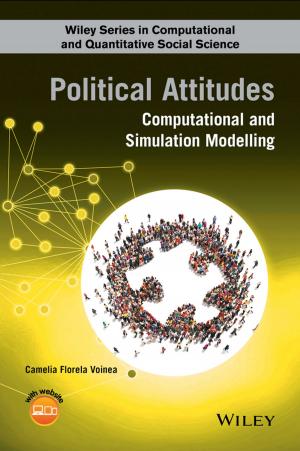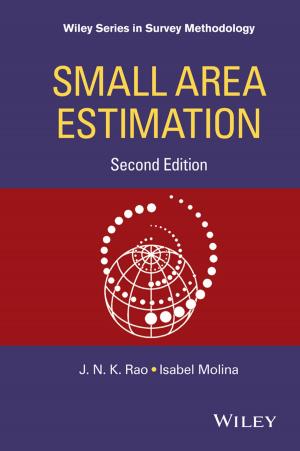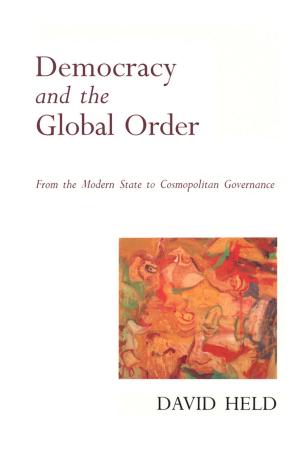| Author: | Gianpaolo Baiocchi | ISBN: | 9781509521395 |
| Publisher: | Wiley | Publication: | August 28, 2018 |
| Imprint: | Polity | Language: | English |
| Author: | Gianpaolo Baiocchi |
| ISBN: | 9781509521395 |
| Publisher: | Wiley |
| Publication: | August 28, 2018 |
| Imprint: | Polity |
| Language: | English |
What does it mean for the people to actually rule? Formal democracy is an empty and cynical shell, while the nationalist Right claims to advance its anti-democratic project in the name of ‘the People’. How can the Left respond in a way that is true to both its radical egalitarianism and its desire to transform the real world?
In this book, Gianpaolo Baiocchi argues that the only answer is a radical utopia of popular self-rule. This means that the ‘people’ who rule must be understood as a demos that is totally open, inclusive and egalitarian, constantly expanding its boundaries. But it also means that sovereignty must be absolute, possessing total power over all relevant decisions that impact the conditions of life. Only, he argues, by a process of explosive and creative tension between this radical view of the ‘we’ and an absolute idea of the ‘sovereign’ can we transform our approach to political parties and state institutions and make them instruments of total emancipation.
Illustrated by the real-life experiences of movements throughout the world, from Latin America to Southern Europe, Baiocchi’s provocative vision will be essential reading for all activists who want to understand the true meaning of radical democracy in the 21st century.
What does it mean for the people to actually rule? Formal democracy is an empty and cynical shell, while the nationalist Right claims to advance its anti-democratic project in the name of ‘the People’. How can the Left respond in a way that is true to both its radical egalitarianism and its desire to transform the real world?
In this book, Gianpaolo Baiocchi argues that the only answer is a radical utopia of popular self-rule. This means that the ‘people’ who rule must be understood as a demos that is totally open, inclusive and egalitarian, constantly expanding its boundaries. But it also means that sovereignty must be absolute, possessing total power over all relevant decisions that impact the conditions of life. Only, he argues, by a process of explosive and creative tension between this radical view of the ‘we’ and an absolute idea of the ‘sovereign’ can we transform our approach to political parties and state institutions and make them instruments of total emancipation.
Illustrated by the real-life experiences of movements throughout the world, from Latin America to Southern Europe, Baiocchi’s provocative vision will be essential reading for all activists who want to understand the true meaning of radical democracy in the 21st century.















